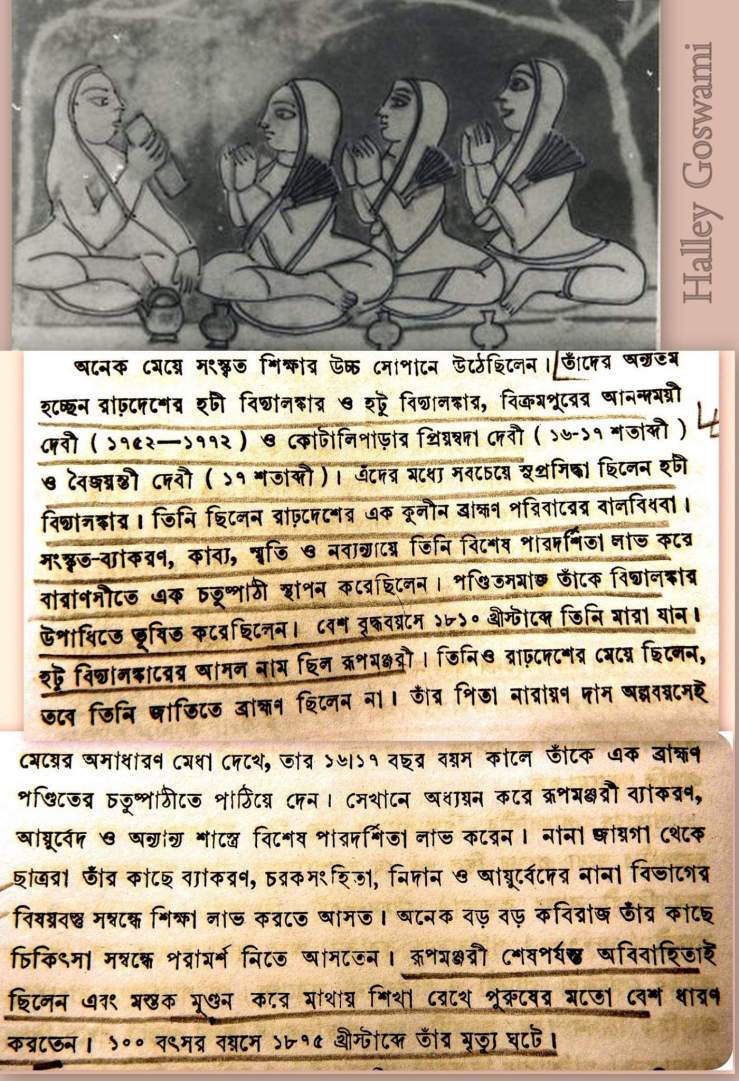https://twitter.com/Better_Not_Shar/status/1133063165472755719
mAnasika pUjA is not a substitute for the external rituals. Are we yogis that we can ignore/shut out all sensory inputs from our various indriyas and surroundings and do the pUjA in our current states just mAnasika?An example of how all the senses were directed towards nArAyaNa is the example of mahArAja ambarISha given in the link.(Using the ISKCON translation because I am lazy)
- sa vai manaḥ kṛṣṇa-padāravindayor
- vacāṁsi vaikuṇṭha-guṇānuvarṇane
- karau harer mandira-mārjanādiṣu
- śrutiṁ cakārācyuta-sat-kathodaye
- mukunda-liṅgālaya-darśane dṛśau
- tad-bhṛtya-gātra-sparśe ‘ṅga-saṅgamam
- ghrāṇaṁ ca tat-pāda-saroja-saurabhe
- śrīmat-tulasyā rasanāṁ tad-arpite
- pādau hareḥ kṣetra-padānusarpaṇe
- śiro hṛṣīkeśa-padābhivandane
- kāmaṁ ca dāsye na tu kāma-kāmyayā
- yathottamaśloka-janāśrayā ratiḥ
Mahārāja Ambarīṣa always engaged his mind in meditating upon the lotus feet of Kṛṣṇa, his words in describing the glories of the Lord, his hands in cleansing the Lord’s temple, and his ears in hearing the words spoken by Kṛṣṇa or about Kṛṣṇa. He engaged his eyes in seeing the Deity of Kṛṣṇa, Kṛṣṇa’s temples and Kṛṣṇa’s places like Mathurā and Vṛndāvana, he engaged his sense of touch in touching the bodies of the Lord’s devotees, he engaged his sense of smell in smelling the fragrance of tulasī offered to the Lord, and he engaged his tongue in tasting the Lord’s prasāda. He engaged his legs in walking to the holy places and temples of the Lord, his head in bowing down before the Lord, and all his desires in serving the Lord, twenty-four hours a day. Indeed, Mahārāja Ambarīṣa never desired anything for his own sense gratification. He engaged all his senses in devotional service, in various engagements related to the Lord. This is the way to increase attachment for the Lord and be completely free from all material desires.
All these to keep one’s mind while doing the ritual of pUjA,japa,etc to establish the prescence of the devatA in the mind. Are those who claim mAnasika pUjA can be done merely due to lack of effort in shuchi/correct dravya/ityAdi yogins /have reached that quality of being absorbed in your devatA all your time?If yes,I have no objections.

